Coptisine chloride
Coptisine chloride is a chloride salt form of the alkaloid coptisine, known for its antimicrobial, anti-inflammatory, and potential anti-cancer properties, derived from Coptis genus plants.
Overview
Coptisine chloride enhances the solubility and bioavailability of coptisine, making it more suitable for experimental and clinical applications. Its chloride salt form is often used in studies to better understand the mechanisms underlying its pharmacological actions and to explore its potential in therapeutic applications.
Coptisine chloride Key Features
– Improved Solubility: The chloride salt form increases water solubility, facilitating its use in aqueous solutions for research and formulation purposes.
– Broad-Spectrum Activity: Exhibits a wide range of biological activities, including antibacterial, anti-inflammatory, and anticancer effects.
– Source: Derived from Coptis species, leveraging traditional herbal knowledge with modern pharmacological research.
Coptisine chloride Applications
– Antimicrobial Research: Used in studies investigating natural alternatives to conventional antibiotics, particularly against drug-resistant bacteria.
– Anti-inflammatory: Explored for its potential to modulate inflammatory pathways, with implications for treating inflammatory diseases.
– Cancer Research: Investigated for its anti-cancer properties, including the ability to induce apoptosis in cancer cells and inhibit tumor growth.
Coptisine chloride Functions
– Modulation of Biological Pathways: Influences various cellular signaling pathways involved in inflammation, microbial pathogenesis, and cancer cell proliferation.
– Enhancement of Antioxidant Defense: May bolster the body’s antioxidant defenses, reducing oxidative stress and its associated damage.
– Interaction with Cellular Targets: Binds to and modulates the activity of specific enzymes and receptors, contributing to its therapeutic effects.
Details
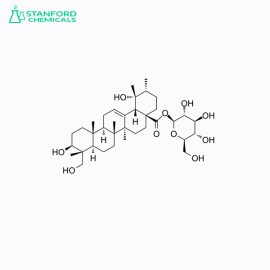
| Available Sizes | 30 capsules, 60 capsules, 120 capsules |
|---|---|
| Key Ingredient | High-quality, pure Pedunculoside extract |

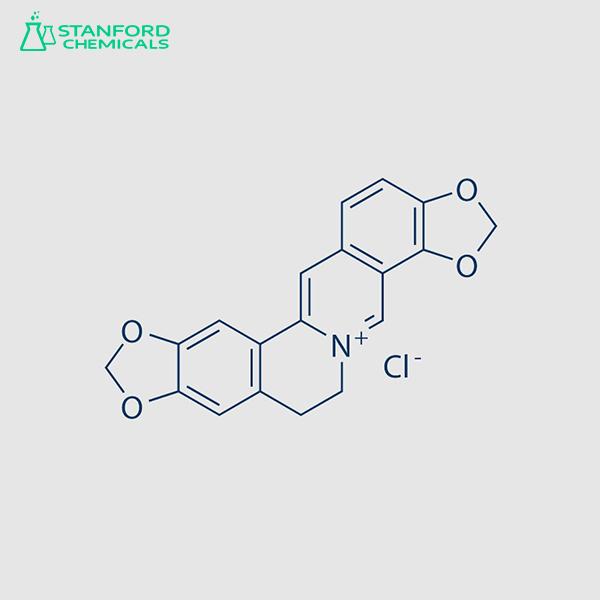
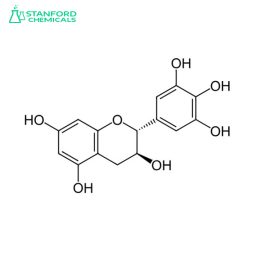
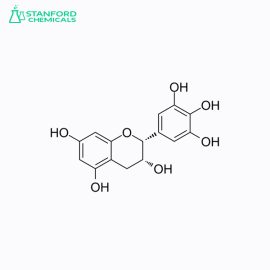
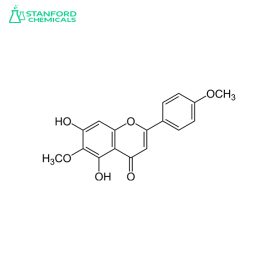
Reviews
There are no reviews yet.